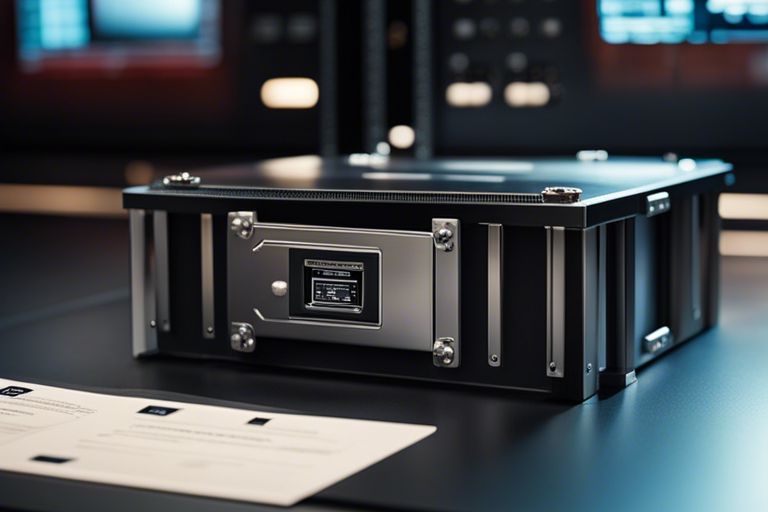The Rise of Artificial Intelligence in Cybersecurity
Artificial Intelligence (AI) has become an integral part of our lives, transforming various industries and revolutionising our work. One area where AI is making a significant impact is cybersecurity. As cyber threats evolve and become more sophisticated, traditional security measures are no longer sufficient to protect sensitive information and networks. This is where AI steps in, offering advanced capabilities to detect and mitigate cyber-attacks.
AI-powered cybersecurity systems are designed to analyse vast data and identify patterns and anomalies that may indicate a potential security breach. Machine learning algorithms enable these systems to learn from past incidents and continuously improve their threat detection capabilities. Organisations can proactively identify and respond to emerging threats by leveraging AI enhancing their security.
The Benefits of AI in Cybersecurity
The integration of AI in cybersecurity brings several benefits:
- Enhanced Threat Detection: AI-powered systems can analyse large volumes of data in real-time, enabling them to detect and respond to potential threats more quickly and accurately than traditional methods. This helps organisations stay one step ahead of cybercriminals.
- Automated Incident Response: AI can automate incident response processes, allowing security teams to focus on more complex tasks. This helps reduce response time and minimises the impact of cyber attacks.
- Improved User Authentication: AI can enhance user authentication processes by analysing user behaviour and identifying abnormal patterns. This helps prevent unauthorised access to sensitive data and systems.
- Adaptive Defense: AI-powered systems can adapt and learn from new threats, allowing them to update their defence mechanisms constantly. This reduces the risk of zero-day attacks and other emerging threats.
The Challenges of AI in Cybersecurity
While AI offers significant benefits in cybersecurity, some challenges need to be addressed:
- Data Privacy and Ethics: AI relies on vast data to learn and make informed decisions. Ensuring this data’s privacy and ethical use is crucial to maintain trust and comply with regulations.
- False Positives and Negatives: AI-powered systems may generate false positives or negatives, leading to unnecessary alerts or missed threats. Continuous monitoring and fine-tuning are required to minimise these errors.
- Adversarial Attacks: Cybercriminals can exploit vulnerabilities in AI systems to manipulate or deceive them. Robust security measures need to be in place to protect AI-powered cybersecurity systems.
The Future of AI in Cybersecurity
As AI continues to evolve, its role in cybersecurity will become even more critical. AI-powered systems will become more innovative and efficient in detecting and responding to cyber threats. Integrating AI with other emerging technologies, such as machine learning, big data analytics, and blockchain, will further enhance the effectiveness of cybersecurity defences.
However, it is essential to balance AI and human intelligence in cybersecurity. While AI can automate specific tasks and enhance threat detection, human expertise and decision-making are vital in understanding complex attacks and developing effective mitigation strategies.
Conclusion
Artificial Intelligence is transforming the cybersecurity landscape, enabling organisations to stay ahead of evolving threats and protect their critical assets. The benefits of AI in cybersecurity are significant, but it is crucial to address the challenges and ensure the responsible and ethical use of AI-powered systems. Organizations can build robust cybersecurity defences for their digital assets with the right balance of AI and human intelligence.






